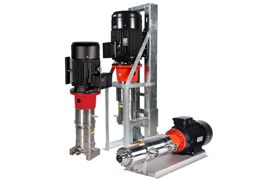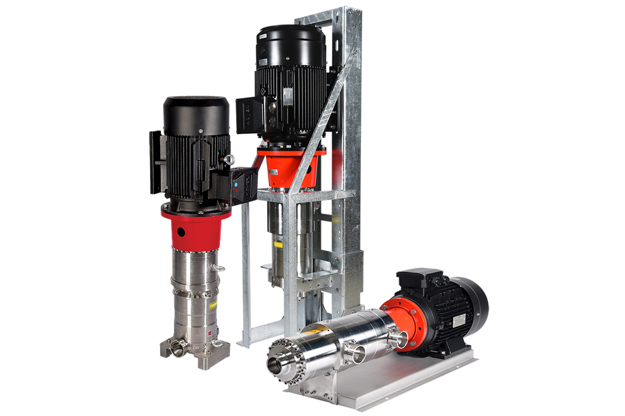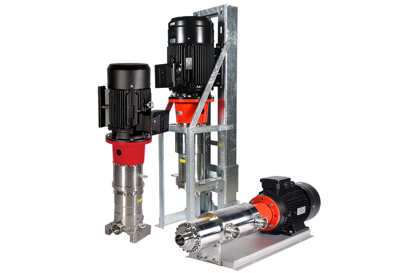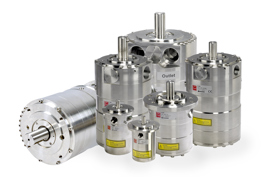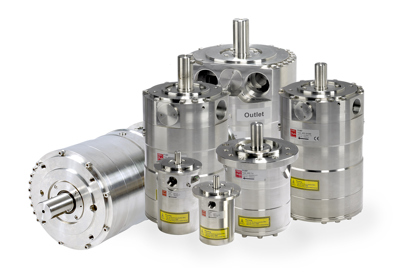
Innovative solution to ensure sustainability and minimize environmental impact in the Norwegian aquaculture industry
Norway’s aquaculture industry is one of the world’s largest. The country produces one million metric tons of farm-raised salmon per year for global consumers, who eat 14 million meals of Norwegian salmon per day. While blessed by naturally clean and cold fjords, the industry is also driven by a high level of technological innovation to ensure sustainability and minimize environmental impact. Enwa has spearheaded many R&D projects to help the Norwegian aquaculture industry boost productivity and comply with some of the world’s strictest environmental regulations – including an innovative way to remove sea lice from salmon gently, sustainable, and effectively Danfoss pumps and energy recovery devices are at the heart of this pioneering solution.
Related product
-
if (isSmallPicture) {


 iSave® energy recovery devices for high-pressure membrane applications
iSave® energy recovery devices for high-pressure membrane applicationsThe 3-in-1 Energy Recovery Device (ERD) optimized for sea water reverse osmosis applications.
-
if (isSmallPicture) {


 High-pressure pumps for reverse osmosis applications
High-pressure pumps for reverse osmosis applicationsHigh-pressure pumps for land based, off-shore and marine reverse osmosis applications

